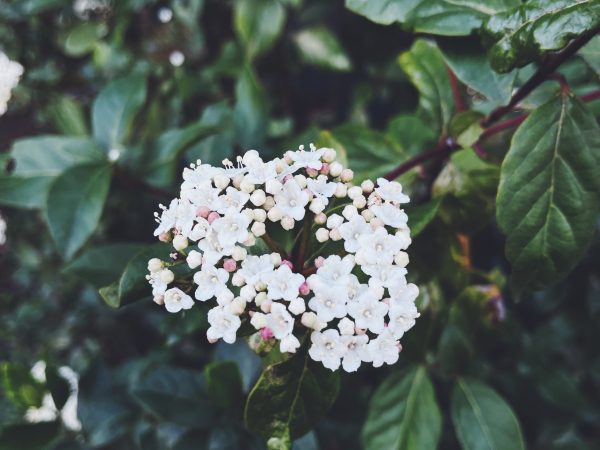Lesson 3 in The Art of Soulmaking workbook talks about becoming friends with your pain and using approval as a tool for change. Here’s an anecdote found on page 57:
Consider the story of Daryl Davis, a black author in the 1980s who interviewed the leader of a local KKK chapter, seeking to better understand his views. They continued correspondence and eventually, a friendship grew. Daryl even attended KKK rallies led by the leader. After the events, they would embrace, even call each other friends. They did this for more than 10 years, though all the while the KKK leader stood firmly in his position that blacks were inferior.
Fifteen years into their friendship, the KKK leader came to his own natural conclusion: He’d been wrong. He denounced his position, retired his KKK robes, and began talking to others about the limitations of racism. Two hundred members of his KKK chapter left with him.
To simply disapprove of the KKK leader entirely, this friendship and ultimate transformation of the heart would never have occurred. It wasn’t that Daryl endorsed racism, or endorsed the KKK. He never conceded to the KKK leader’s points that he was inferior. Instead, he sought to understand the human being behind the undesirable actions. In doing so, he was able to turn hate into love, and ignorance into consciousness. No one was cast out, ostracized or shamed and future generations of these families will be forever changed.
What we hope you learn is a way to enact change by doing something other than being victimized or attacking or dominating or threatening a perpetrator into submission. That simply results in the same old loop; “victim” to “perpetrator” and back again. We hope you’ll learn a deeper reconciliation with anyone or anything that had you locked out of your heart. By making friends with this pain, in this case racism, you begin to change the racist’s mind. You begin their healing, and most importantly, yours.

 Get access to the monthly Rehumanization Magazine featuring contributors from the front lines of this effort—those living on Death Row, residents of the largest women’s prison in the world, renowned ecologists, the food insecure, and veteran correctional officers alike.
Get access to the monthly Rehumanization Magazine featuring contributors from the front lines of this effort—those living on Death Row, residents of the largest women’s prison in the world, renowned ecologists, the food insecure, and veteran correctional officers alike.